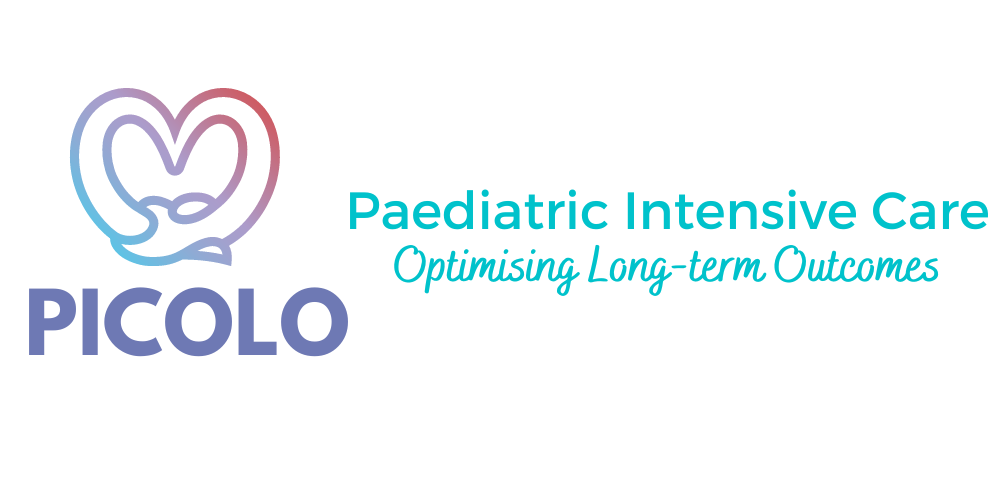Post Intensive Care Syndrome in paediatrics (PICS-p)
What is PICS-p?
Post Intensive Care Syndrome in paediatrics or “PICS-p” involves the health and wellbeing of children and infants after leaving the PICU. Recent advances in medicine have led to a better understanding of overall health as not just the physical, but emotional, social, and other elements of health, and how all elements of health interact together to impact overall wellbeing (1).
The elements or “domains” of health that can be affected by a PICU admission include cognitive (thinking), physical functioning, social functioning, emotional, and family wellbeing (how the PICU admission affects other family members, parents, or carers).
Critical care medicine, which is the speciality of medicine concerning critical care or “ICU” (including PICU) only emerged in the 1960s, and has technology and medical care in PICU has advanced rapidly since then (2). Because of this, research on the problems that can occur after PICU is recent and ongoing, which is why it is especially important to monitor your child after going home from hospital and reporting and seeking help for any problems that may occur.
At the Picolo Network, we are committed to scientific work to improve the recovery of all children and their families after intensive care admission, which is why we have developed educational resources for parents/caregivers, and tools below that can help you track your child’s development so that any problems can be picked up early. We also conduct research measuring children’s health after PICU from parent/caregiver surveys. If you would like to partner with the Picolo Network or share your story, we would love to hear from you (click here to contact us).
Below is a video explaining what PICS-p is and when PICS-p may occur.
Video: THRIVE: Paediatric Post-Intensive Care Syndrome, https://www.youtube.com/watch?v=wLH2kPcEUKU&t=23s
What can we do to prevent PICS-p?
The Picolo Network is currently researching PICS-p through parent and caregiver reporting and surveys.
What we do know is that ongoing monitoring of children after PICU can help identify issues early to minimise the impacts, and to prevent other problems from occurring.
Some apps to do help you monitor your child’s development are:
CDC Milestone Tracker (Developmental Milestone Tracker)
IOS: CDC's Milestone Tracker on the App Store (apple.com)
ANDROID: developmental milestones - Android Apps on Google Play
Bright Tomorrows (Developmental and Engagement Activity ideas)
IOS: Bright Tomorrows on the App Store (apple.com)
ANDROID: Bright Tomorrows - Apps on Google Play
If you notice that your child is experiencing any difficulties or problems, reach out to your GP or healthcare provider who can refer to any additional services needed (such as occupational therapy, physiotherapy, speech pathology, psychology, or nutrition and dietetics) and can plan with you how best to help your child.
References and Sources:
Health and Wellbeing, World Health Organisation, https://www.who.int/data/gho/data/major-themes/health-and-well-being
Epstein, D., Brill, J. A History of Pediatric Critical Care Medicine. Pediatr Res 58, 987–996 (2005). https://doi.org/10.1203/01.PDR.0000182822.16263.3D
Washington University School of Medicine, https://neurocriticalcarefollowup.wustl.edu/for-providers/pediatric-post-intensive-care-syndrome-pics/

